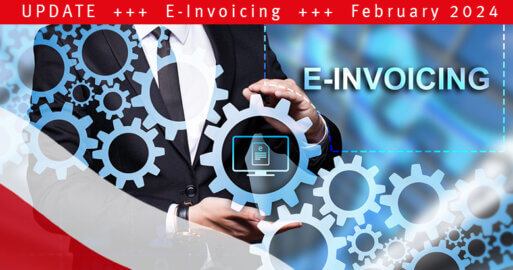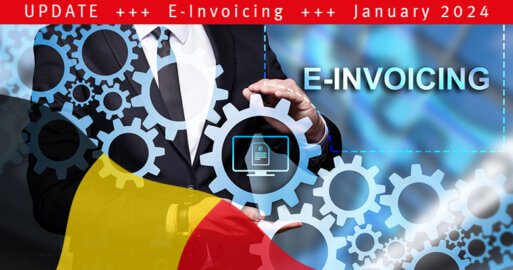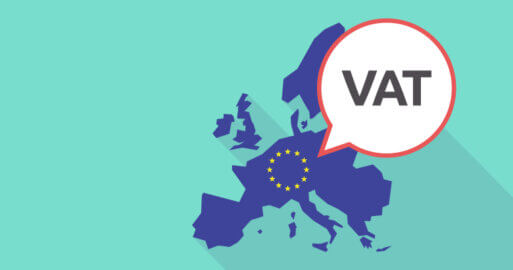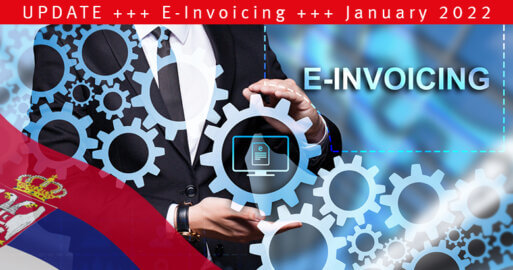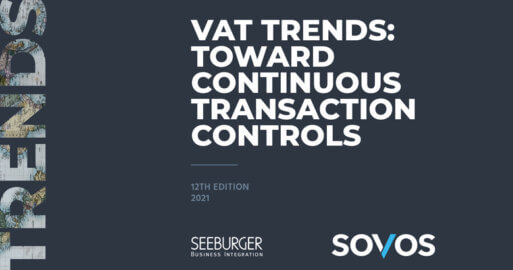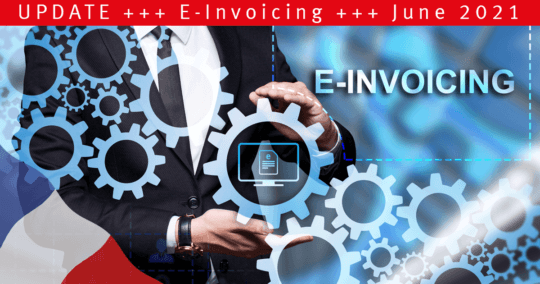An UPDATE on CTCs in France: E-Invoicing and E-Reporting Mandates Postponed to September 2026
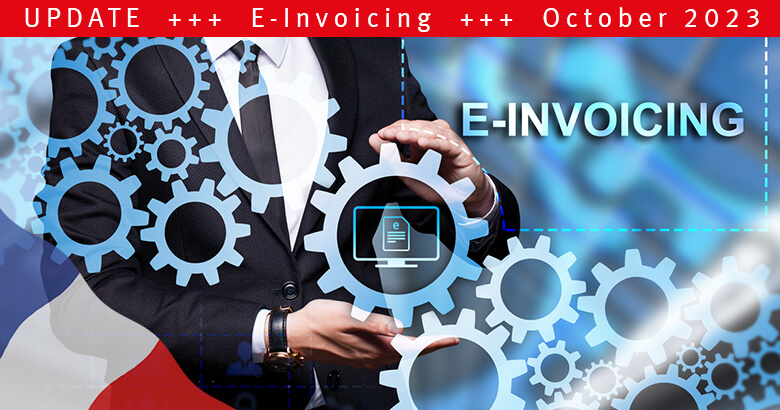
+++ UPDATE: Revised Timetable for Mandatory B2B E-Invoicing and B2C E-Reporting in France – Delay Until September 2026 expected
France’s direction générale des Finances publiques (DGFiP) recently announced a significant update to its timeline for implementing mandatory B2B e-invoicing and B2C e-reporting. This change follows the abandonment of the previous July 2024 implementation plan earlier this year. The revised timeline, which was presented at a plenary session of the French National Forum for Electronic Invoicing (known in French as the Forum National de la Facture Électronique et des Marchés Publics Electroniques, or “FNFE-MPE”) on September 15, outlines the following preliminary key milestones that will require official approval with the Finance Law for 2024, which will be voted on no later than December 31:
2024: Spring – Completion of the registration Dematerialization Operators (OD) and certified Private Dematerialization Platforms (PDP)
In the spring of 2024, France aims to achieve two critical milestones in preparation for the new e-invoicing and e-reporting regime. First, the registration of e-invoicing operators (OD) will be completed, followed by the completion of the Partner Dematerialization Platforms (PDP). This will set the stage for the next phases of implementation.
2024: End of year – Public Invoicing Portal (PPF) Completion
Throughout the remainder of 2024 and the first quarter of 2025, France will focus on completing the Public Invoicing Portal (Portail Public de Facturation or PPF), a key component of the new system. This portal will play a central role in facilitating electronic invoicing and reporting.
2025: Major pilot phase
In 2025, a large-scale pilot phase will be launched to rigorously test the new e-invoicing and e-reporting processes. This phase will allow for fine-tuning and optimization of the system prior to broader implementation.
2026: September – Phase 1 begins
Beginning in September 2026, Phase 1 of the implementation will likely begin. According to the decree, even a further delay of three months is possible.
By September 1, 2026 all companies will be obliged to accept electronic invoices according to the rules of the reform, and therefore have to choose one or more PDPs and/or the PPF for receiving e-invoices.
By September 1, 2026 the obligation to issue electronic invoices and e-reports starts for
- large organizations with more than $1.5 billion in revenue or more than $2 billion in revenue and at least 5,000 employees, and
- medium-sized businesses with between 250 and 4,999 employees and a turnover of up to EUR 1.5 billion or a balance sheet total of up to EUR 2 billion.
2027: September – Phase 2 rollout
In September 2027, phase 2 of the implementation will be launched. According to the decree, even a further delay of three months is possible.
This phase will extend the mandatory e-invoicing and e-reporting requirements to businesses that do not meet the criteria of Phase 1, covering a wider range of businesses.
Request for extension to the European Commission
In addition, France will need to apply to the European Commission for an extension of the 2006 VAT Directive (last paragraph of page 1) derogation it received in 2022. This derogation currently allows France to impose electronic invoicing, but is set to expire on December 31, 2026.
The bottom line:
The updated timeline for mandatory B2B e-invoicing, B2B and B2C e-reporting in France reflects a more deliberate and phased approach to implementation. Businesses should closely monitor developments, particularly the confirmation of the timeline in the 2024 budget bill and the extension request to the European Commission. These changes are in line with broader delays across Europe, e.g. in Germany and Spain, in the transition to mandatory e-invoicing, highlighting the complexity of this digital transformation.
SEEBURGER is actively working on these topics to help its customers achieve invoice compliance. Our flexible e-invoicing platform already complies with more than 35 regulations and is constantly integrating new ones e.g. Poland, Germany, Spain, Belgium etc.
The French e-invoicing mandate will affect approximately 4 million companies. Even though it has been delayed, there is still a lot of work to do. If you want to avoid bottlenecks, we advise you to anticipate to be sure that you will be ready by the due date. We would be happy to discuss the new French mandate with you in order to provide you with the best information to make the best choice for your company. You can contact our French team by phone: +33 7 85 98 29 90 or via our website: https://www.seeburger.com/contact/.
+++
On 15th September 2021, France’s council of ministers announced that their planned e-invoicing and e-reporting mandates are now to be rolled out between 2024 and 2026. When we published our June update, the planned schedule was 2023-2025. This means that companies can enjoy a little longer to update their systems and processes. Read on for an overview of what has changed.
Sending e-invoices within the B2B sector in France will become compulsory in stages between 2024 and 2026. Exactly when depends on the size of the company. See figure 1, below, for when your company will be affected.
However, from 1st July 2024, ALL companies, regardless of size or whether they’re public or private, must be able to receive electronic invoices.
The new roll out plan for the CTC e-invoicing and e-reporting mandate for the French B2B sector:
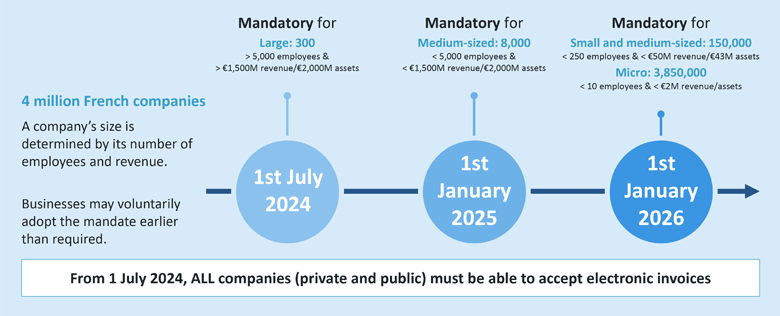
Both electronic invoicing for domestic transactions between taxable entities in the B2B sector and e-reporting of transactions for B2C and international B2B will now become compulsory 18 months later than originally announced.
For full details on how continuous transaction controls (CTCs), B2B e-invoicing and e-reporting are going to be implemented in France, take a look at our detailed blog post of 24th June 2021 and our introductory post of 27th January 2020.
Webcast on-demand
Learn more about e-invoicing requirements and watch our webcast on-demand!
Thank you for your message
We appreciate your interest in SEEBURGER
Get in contact with us:
Please enter details about your project in the message section so we can direct your inquiry to the right consultant.
Written by: Gerrit Onken
Gerrit Onken has been at SEEBURGER since 2010 as a product manager for software applications and for electronic data exchange services for the business sector. He focuses on solutions for SAP, electronic invoicing (e-invoicing) and innovations for digitalizing business and technical processes for globally-active customers. Originally a banker, Gerrit Onken went on to graduate in business administration, majoring in industrial management and business informatics. After working in the financial sector, he worked as a manager and project manager from 2004 to 2010 for one of the top five corporate consultancies, working with international BPOs in the banking and automotive industries.
